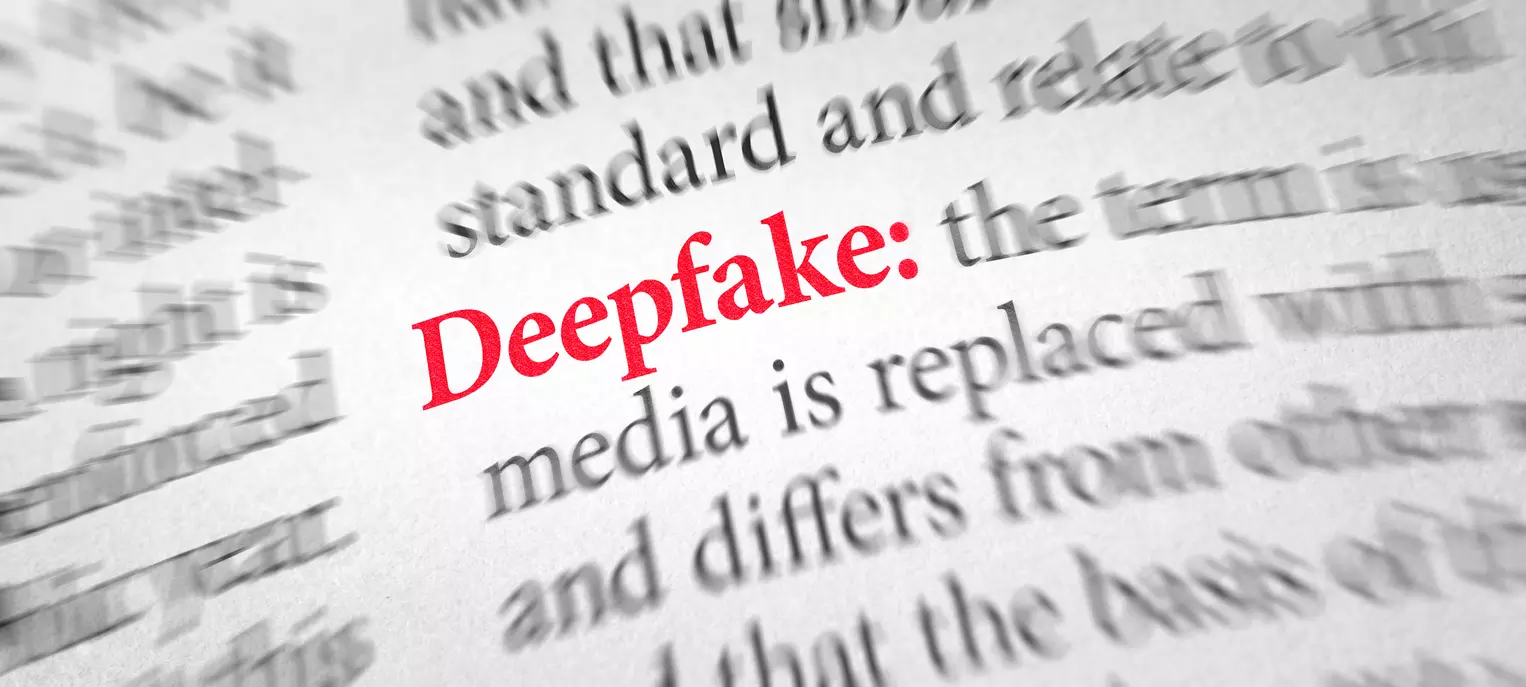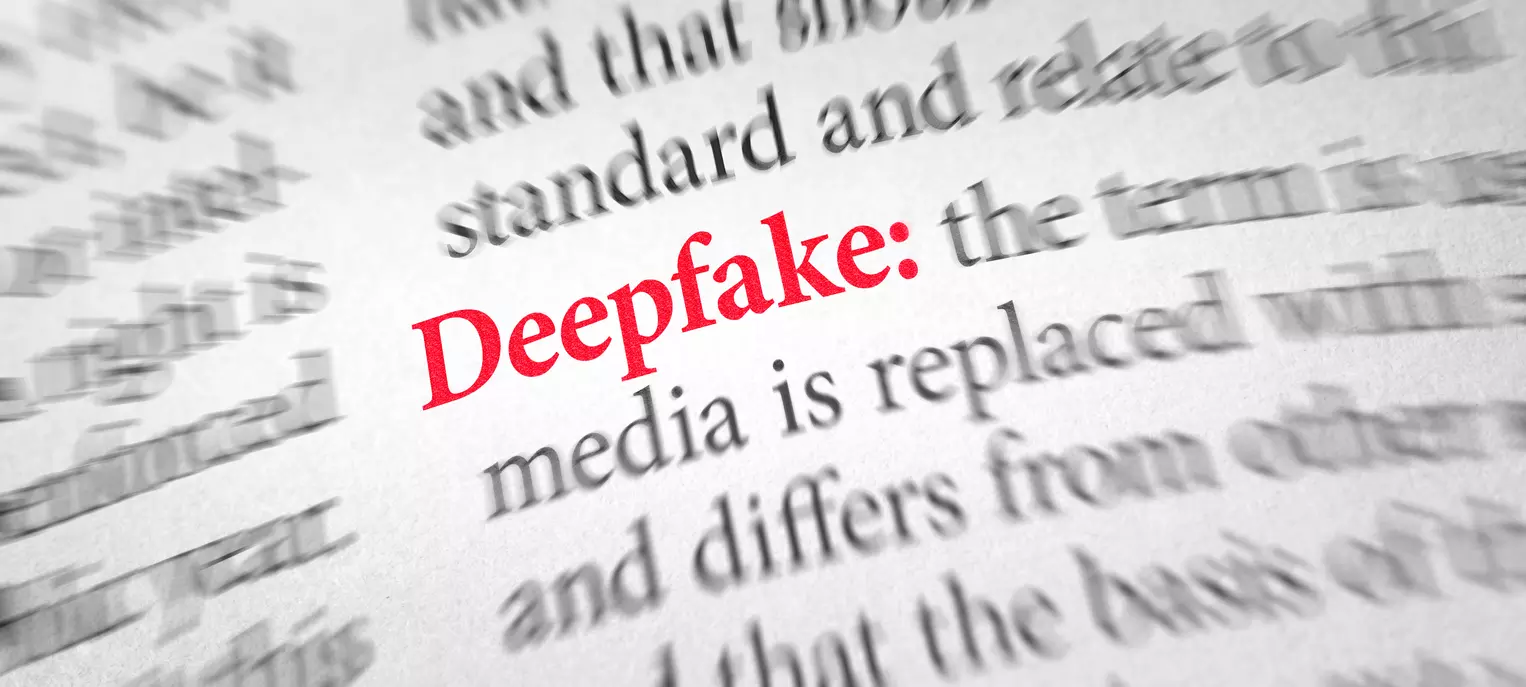Centre may ask WhatsApp to reveal identity of first deepfake users: Report
The move is being taken under the controversial IT Rules, which mandate social media platforms to share information on the first generator of content

The Centre is reportedly in the process of sending WhatsApp a notice, seeking the identity of users who first shared deepfakes on the social messaging platform. The move, the first of its kind, comes ahead of the 2024 parliamentary elections.
Indian Express quoting government sources said that the necessity has arisen due to deepfake videos of politicians doing the rounds on WhatsApp. Concerned about the “rising artificial intelligence (AI)-led misinformation on the messaging platform” the government intends to invoke the Information Technology (IT) Rules, 2021 to ‘force’ the company to share the information about the first user who posted such fake videos on the platform, the sources told IE.
“It’s not about partisanship. The videos in question depicted deepfakes of politicians from different political parties. Such fake videos of politicians from across the political aisle have been brought to our notice, which we believe can cause harm to electoral integrity in India. So, we are planning to send a first originator notice to WhatsApp,” IE quoted an anonymous senior government official as saying.
A deepfake is a video in which the users morph the face or body of a targeted person using AI to spread fake information about the person on social media platforms such as WhatsApp. With 535.8 million users in India, WhatsApp is the most-used messaging platform in the country.
Minister of State for Electronics and IT Rajeev Chandrasekhar confirmed the Centre’s proposed move when he said the provision of “traceability” of the controversial IT Rules need “to be invoked to create some accountability”. “The anonymous use of messaging platforms to propagate fake videos and audio is a major challenge we are grappling with. The traceability provision needs to be invoked to create some accountability and put brakes on this practice,” he told IE.
Why social media platforms oppose the IT Rules?
The IT Rules mandate the intermediaries or online messaging platforms to share information with government agencies about the identity of the first users who share or post content or information on the platform.
Social media platforms, such as Facebook and WhatsApp have been at loggerheads with the Union government on this account. WhatsApp has maintained that the “traceability” provision threatens its end-to-end encryption system which enables it to keep communication between users private, and even the company cannot access and oversee it.
The IT Rules, which were amended by the government in 2023, have been a subject of fierce controversy and scrutiny both by the public and the courts ever since they were rolled out in 2021. The amended rules mandate the intermediary, or the company, to remove content or information after the fact-check unit of the government asks it to do so. If the company fails to do so, it risks losing “safe harbour” protection under Section 79 of the IT Act, which shields them from liability for user-generated content if they follow certain due diligence requirements.
The provision has been challenged in various high courts across the country, such as by the Editors Guild of India and the Association of Association of Indian Magazines.



